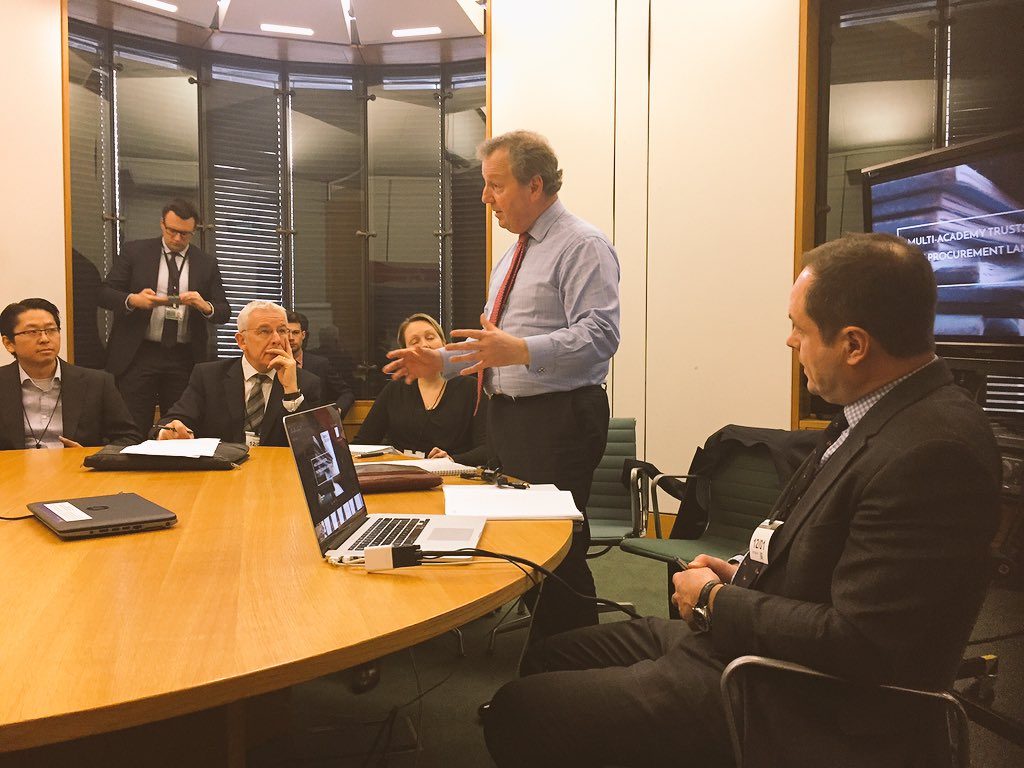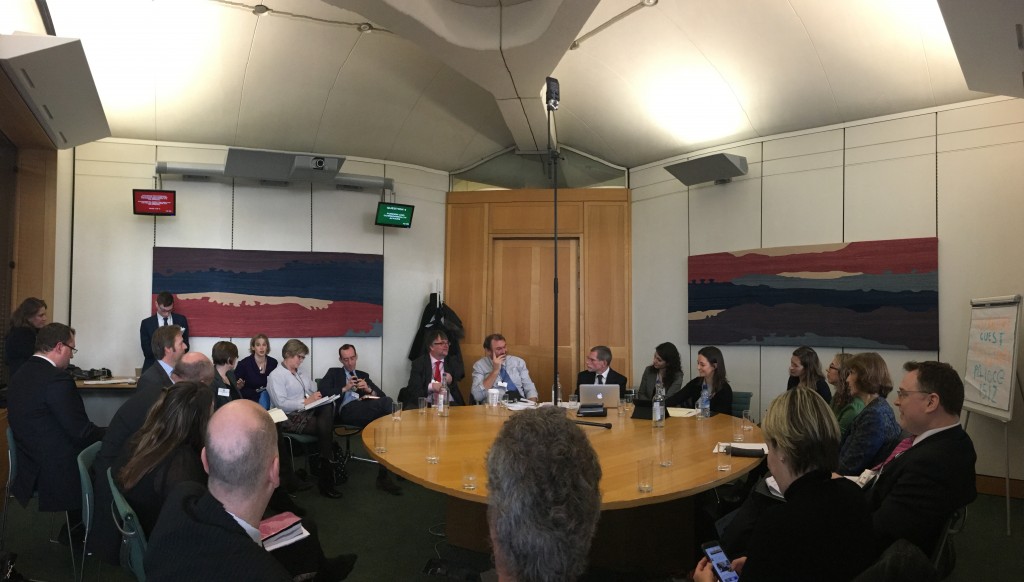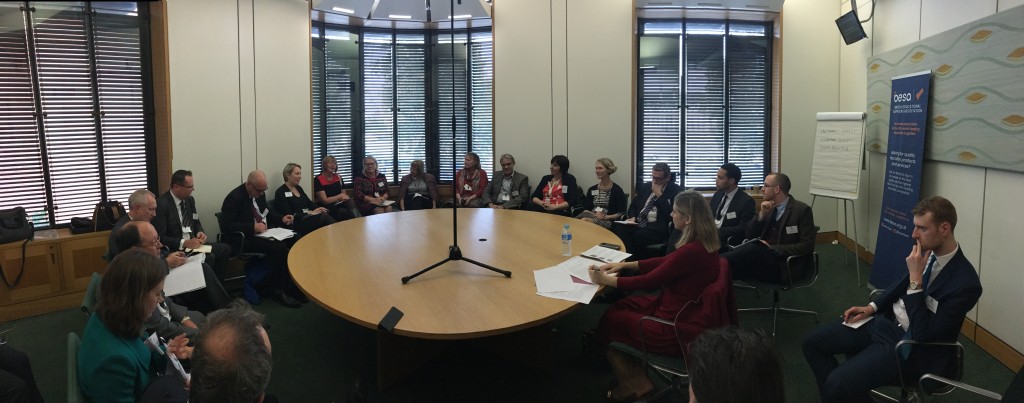On Thursday 12th January, the APPG for Education hosted Jason Gould from The Education Company, to present his research on the financial efficacy of Multi-Academy Trusts (MATs).
Danny Kinahan MP opened the floor, and introduced Caroline Wright, Director General of the British Educational Suppliers Association (BESA), who gave a brief background on the importance of the MAT procurement landscape and why BESA commissioned the research. With the influence of local authorities receding and MATs continuing to grow, an examination was required into the financial efficacy and sustainability of MATs.

Jason began his presentation with a short summary of Academies and Trusts, and how they came to fruition. He then explained how the research was drawn from a quantitative analysis of all “true” MAT websites and interviews with 455 MATs, examining their current situation and likely future financial trends. He observed that without political intervention, it is likely that in 3 years, 70% of secondary schools and 30% of primary schools will become Academies.
Jason then explored the debate surrounding the optimum geographical size of a MAT, and described how some of the larger MATs have begun to set up regional hubs to better facilitate the movement of staff and facilities. Another key concern is growth and the pressure on high-performing Trusts to accommodate new schools. The research shows that the optimum size of a MAT is between 8 and 12 schools, [as this provides the best level of financial security and stability].
Next, Jason described the way MATs are currently funded. This is done through a process known as ‘top-slicing’. Academies receive money directly from the State and pay either a fixed or variable percentage to their MAT, usually of around 10%, in order to cover the school’s running costs and services.
With this in mind, Jason discussed the research’s findings on procurement practices in MATs. He discovered that Trusts overseeing 2 or 3 schools saw greater centralised purchasing which dropped with MATs of 4-9 schools, and increased again with significantly larger Trusts. This is attributed to the difficulty in which very small and larger groups find sharing and distributing resources. The study demonstrated that utilities and ICT equipment are areas most likely to be centralised, whereas the curriculum and teaching supplies are the least. It appears that schools prefer to set their own learning agenda and curriculum resource providers but find it useful for the MAT to manage some of their other facilities.
Finally, Jason spoke about the areas in which academies are targeting to save schools’ money. With staffing taking up 80-90% of a school’s budget, this is the area most Chief Financial Officers target. With the increase of centralised teaching contracts, and the establishment of ‘Teacher-Training Solutions ’and in-house CPD, academies have the potential to drastically reduce their expenditure.
Danny then opened the floor to questions.
In response to a question on academies’ focus for the next 5 years, Jason talked about the growing centralisation of areas such as SEN, IT and STEM teachers of which there is a serious shortage. He stressed that whilst most teachers were content with the idea of sharing certain facilities, there was a strong desire to remain in control of particular areas, such as the choice of exam boards and core teaching staff, which was unlikely to change.
Lastly, Jason talked about the ‘revolution’ that is surfacing in teacher recruitment. He warned that, with the commission costs taken by recruitment agencies denting schools’ budgets, CFO’s incentive toward centralisation of staffing is on the rise.
With this final thought, Danny thanked the speaker and all the attendees, and brought the meeting to a close.


